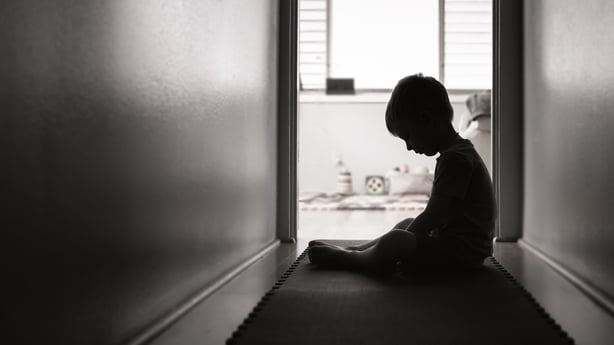A number of judges have expressed "despair" over a lack of special care beds for some of the most vulnerable children in the State, according to the Child Law Project.
The project publishes and collects data from courts where there are child protection orders.
Many of the latest reports show there are no special care beds available to children who are under a special care order.
A shortage of appropriate care placements - in foster care, residential care and special care - dominate the publication.
One High Court judge described the situation as "a tsunami about to reach shore and nothing is being done".
The Child Law Project has expressed fear that the system "has begun to unravel".
Of particular concern are cases where the child was being sexually or criminally exploited and the level of support in their care placement was not sufficient to stabilise them and address these risks.
In one case it had been alleged that a teenager, who had the cognitive ability of a ten-year-old, had been raped while in the care of Tusla.
There were also beliefs that she was being sexually trafficked throughout the country.

The case came back before the court on over ten occasions, but the girl remained without a special care bed.
The guardian ad litem (GAL) informed the court that she had received a phone call from the girl at 11pm at night where she did not know where she was.
The girl had said she was cold and hungry. It transpired that the girl was in the centre of a metropolitan city, despite her placement being two hours away.
The GAL said that there had been two or three episodes where the girl had been collected by males and the GAL believed she was being sexually exploited.
There had been disclosures of abuse made in her previous foster home.
Although the girl was near the age of majority (18-years-old) she had the cognition and functioning of a ten-year-old child.
Another case related to the review of a special care order that had been made four weeks earlier for a teenage boy.
The barrister for the Child and Family Agency told the judge that although a special care order had been made there was no bed available "and no immediate prospect of a bed".
The barrister for the GAL told the court that the GAL believed the child to be in "the exceptional risk category" and that he had a diagnosis of autism and ADHD.
There was a concern that he was vulnerable to exploitation, and he was found to have had shop vouchers and expensive clothing, which raised the concern that he was already being exploited.
The judge noted that the order "he made some weeks ago was of no practical effect" as the agency had not acted on it and the child had not been taken into special care.

Another case related to a teenage girl where there was an outstanding special care order in force that had been made three weeks previously.
Tusla's barrister said there was no news as to when the child could be placed in special care, in accordance with the order.
The child had a mild intellectual disability and post-traumatic stress disorder and the GAL was extremely concerned in respect of the level of risk.
The judge described it as an "extraordinary situation once more" and "a scandalous situation".
He said the crisis was going completely under the radar on a national level due to the in-camera nature of proceedings.
The Child Law Project has said that the knock-on effects of a dearth of placements has resulted in the Child and Family Agency delaying applications to take children into care while continuing to use unregulated or unsuitable emergency placements.
It has called for urgent action across Government to halt the spiral of "poor practice" and added that trust needed to be built in the care system.
As of June 2024, the Child Law Project stopped attending court.
The latest volume of reports is the last to be published under a three-year grant from the Department of Children, Equality, Disability, Integration and Youth.






